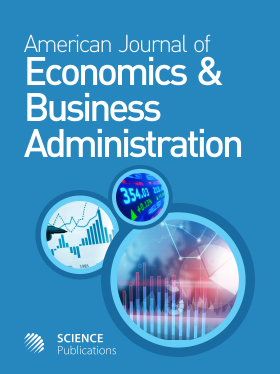Categorizer Agent for Electronic Computer Science Academic Papers
- 1 University Malaysia Sabah, Malaysia
Abstract
Problem statement: With the rapid development of World Wide Web (WWW), a huge amount of information is now accessible to the web users. This phenomenon has attracted academic users to publish their research papers online, at the same time downloading and sharing academic papers among them through WWW. Categorizing a document manually can take up considerable amount of user’s time whereby user will have to read each of the documents to decide which category it is suitable. Approach: Our research study proposes the use of set of terms stored in a database to categorize computer science papers. The categorizer agent focuses on categorizing the text document into predetermined categories based on the extracted keyword. Results: We have evaluated our document categorizer agent on a number of computer science papers. The categorization process is done by parsing the document, calculating the frequency of each term and matching the terms found in the database. Conclusion: The Categorizer Agent proposed in this research paper is evaluated as a good approach to categorize electronic papers. Moreover, the results indicated that the use of this term database is a sustainable way to categorize computer science electronic documents.
DOI: https://doi.org/10.3844/ajebasp.2011.213.218

- 6,497 Views
- 4,155 Downloads
- 0 Citations
Download
Keywords
- Artificial intelligence
- information retrieval
- document categorization
- data mining
- Support Vector Machine (SVM)
- Artificial Neural Networks (ANN)
- Generalized Instance Set (GIS)
- Self Organizing Map (SOM)
